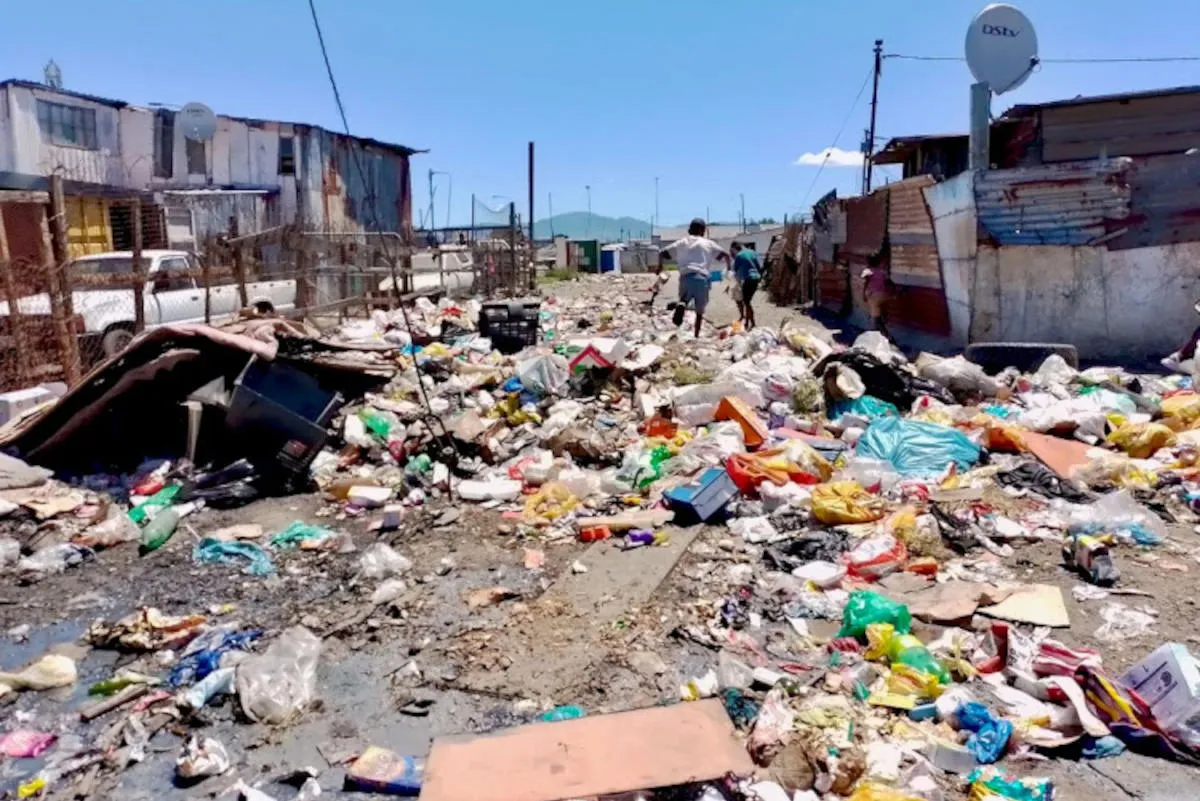
Court to rule on legality of City of Cape Town’s new cleaning tariff
The City of Cape Town is facing a legal challenge as growing opposition disputes the legality of its new fixed charges.

The City of Cape Town is gearing up for a legal battle in September as growing opposition challenges the legality of new fixed charges in its 2025 budget.
In court filings, the city defends its position, while property owners and residents accuse the municipality of unconstitutional overreach.
The dispute focuses on three new tariffs: a city-wide cleaning levy, a fixed water charge, and a fixed sanitation fee.
Unlike traditional service-based billing, these charges link to property values rather than actual consumption, sparking strong resistance from civic groups and property owners.
New Tariffs Under Fire
- Cleaning Tariff: Applies to all properties, calculated by property value; unrelated to any specific services rendered to the property
- Fixed Water & Sanitation Tariffs: Charged regardless of actual usage, and based on property value rather than service consumption
Critics claim this approach places a regressive financial strain on middle-class households, who lack the means to absorb the higher costs as commercial property owners can.
Legal Challenge Gains Momentum
In July, the South African Property Owners Association (SAPOA) filed a High Court application to overturn the levies, arguing that they violate Section 229 of the Constitution, which limits municipal powers to:
- Property rates
- Service-based charges
- Surcharges on these charges
- Taxes explicitly permitted by national legislation
SAPOA argues that none of the new charges meet these criteria, calling them revenue-raising measures disguised as service fees.
The Cape Town Collective Ratepayers’ Association (CTCRA), representing 40 community groups, has joined the case as a friend of the court, warning that allowing these levies could set a precedent for municipalities nationwide.
“This is not just a fight for Cape Town,” said a CTCRA spokesperson.
“It’s about protecting all South Africans from unlawful taxation masked as service fees.”
City Stands Firm
In its answering affidavit, the City argues that it is operating within its legal mandate to provide services and secure the financial sustainability of the metro.
It says the new fees support infrastructure development and a “pro-poor” budget, with wealthier ratepayers subsidising vulnerable communities.
Cape Town Mayor Geordin Hill-Lewis has defended the charges as necessary to avoid a R2 billion budget shortfall, warning that removing them would breach the Municipal Finance Management Act by leaving the city with an unfunded budget.
The city also disputes SAPOA’s constitutional interpretation, arguing that it reflects a “selective reading” of the law.
More Than Just the Rich Are Angry
While city officials have characterised the pushback as a “rich vs. poor” issue, CTCRA rejects this, noting thousands of objections from residents of all income levels.
“This is not about the wealthy protecting their wealth,” said CTCRA.
“This is about accountability and fair governance.”
The matter is scheduled to be heard in the Western Cape High Court on 18 and 19 September 2025.
With major implications for municipal finance models across the country, all eyes will be on the outcome.
